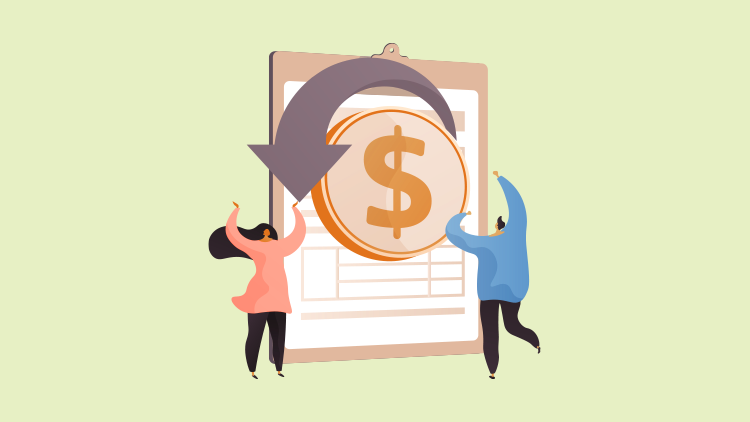
The Internal Revenue Service says it’s not done issuing refunds for tax paid on COVID unemployment benefits. Another 1.5 million taxpayers are now slated to get refunds averaging over $1,600 as part of the IRS adjustment process in the wake of recent legislation.
It all started with passage of the American Rescue Plan Act of 2021, also called ARP, that excluded up to $10,200 in 2020 unemployment compensation from taxable income.
The exclusion was limited to individuals and married couples with modified gross income less than $150,000.
Refunds by direct deposit started in late July; paper check refunds start in early August.
So far, the IRS has gone through four rounds of refunds due to the unemployment compensation exclusion. So far, the IRS has issued nearly 9 million unemployment compensation refunds, totaling more than $10 billion. More, the IRS says, are on the way.
The IRS gets ahead of the curve.
The IRS says its efforts are focused on helping lessen the burden on taxpayers. The net result is most taxpayers won’t have to take any additional action to get a refund.
Most taxpayers impacted by the change in the law won’t have to file an amended return because the IRS has already reviewed their return and automatically adjusted the tax return for them. If a taxpayer overpaid, the agency either refunds the overpayment, or applies it to other outstanding taxes or other federal or state debts that are owed.
In this fourth round of refunds, the IRS says it found some 1.7 million taxpayers deserved an adjustment. Roughly 1.5 million of them are expected to get a refund, which are averaging around $1,600.
Processing has been on a sliding scale; simple returns were processed first, and more complex returns followed. In this fourth round of processing—part of the “more-complex” category, refunds are higher, because an adjustment to the Advance Premium Tax Credit or APTC was also included in the calculation.
To amend or not to amend, that’s the question …
In the vast majority of cases, the IRS says there’s no reason for taxpayers take any action or call the IRS. That said, there may be instances where taxpayers become eligible for deductions or credits because of the newly excluded income, tax breaks they weren’t eligible for prior to the IRS review.
If that’s the case, the IRS says those taxpayers need to file a Form 1040-X, Amended U.S. Individual Income Tax Return in order to claim those additional benefits.
These taxpayers should file amended returns:
There are other cases where the IRS considers an amended return to be the best course of action. These include:
- Taxpayers who did not submit a Schedule 8812 with the original return to claim the Additional Child Tax Credit and are now eligible for the credit after the unemployment compensation exclusion;
- Taxpayers who did not submit a Schedule EIC with the original return to claim the Earned Income Tax Credit (with qualifying dependents) and are now eligible for the credit after the unemployment compensation exclusion; or
- Taxpayers who find they are now eligible for other credits or deductions not mentioned here. They should make sure to include any required forms or schedules.
These taxpayers don’t need to file amended returns:
Conversely, these taxpayers do not need to amend their return. They include:
- Taxpayers who already filed a tax return and didn’t claim the unemployment exclusion; the IRS will figure the correct taxable amount of unemployment compensation and tax;
- Taxpayers who have an adjustment because of the exclusion, that will result in an increase in any non-refundable or refundable credits reported on the original return;
- Taxpayers who didn’t claim the following credits on their tax return but are now eligible when the unemployment exclusion is applied: Recovery Rebate Credit, Earned Income Credit with no qualifying dependents or the Advance Premium Tax Credit. The IRS will calculate the credit and include it in any overpayment;
- Taxpayers who filed a married-filing-joint return, live in a community property state, and entered a smaller exclusion amount than entitled on Schedule 1, line 8.
After the IRS makes an adjustment in a taxpayer’s return, the taxpayer gets a letter informing them that the adjustment was made and what kind of adjustment was made – whether they got a refund, or the adjustment went to pay a debt to the IRS or a payment offset for some other kind of authorized debt.
These letters, generally sent out within 30 days of the adjustment, also confirm the amount of the adjustment.
Source: IR-2021-159
